Nor is the Belarus uprising as clear-cut as European leaders and op-ed writers quickly decided. It is obvious that Lukachenko’s 80% election victory was a poor joke; it seems evident that many or most people there want to get rid of him after 26 years, for a wide variety of reasons.
But the outside support given the protests is steeped in hypocrisy. When Lukachenko seemed to be leaning westward the invective softened, there was a sudden increase of trust in Lukashenko, as in 2010, when the Polish and German foreign ministers and the Lithuanian president met both him and the opposition, and found that he might even be won over – and was supported by a majority of his citizens.
Just last February Secretary of State Michael Pompeo visited Lukashenko and told him temptingly:
“Our energy producers are ready to deliver 100% of the oil you need at competitive prices. We are the biggest energy producer in the world and all you have to do is call us…. The U.S. wants to help Belarus build its own sovereign country… Inspired by what I saw at Hi-Tech Park (in Minsk); a great example of how Belarus can seize its extraordinary growth potential by embracing forward-looking economic policies and smart regulation. It’s clear how impactful American investment can foster prosperity across the globe.”

Two women talk with a riot police officer as police block a part of a street in the capital of Minsk, Belarus, Tuesday, Aug. 11, 2020. Heavy police cordons blocking Minsk’s central squares and avenues didn’t discourage the demonstrators who again took to the streets chanting „Shame!“ and „Long live Belarus!“ Police moved quickly Tuesday to separate and disperse scattered groups of protesters in the capital, but new pockets of resistance kept mushrooming across downtown Minsk. (AP Photo/Sergei Grits) Quelle: YouTube
He offered prosperity. Was he really thinking of power, not just fuel-based but strategic? Lukachenko has indeed maintained a merciless, tight grip. But Belarus is the only ex-Soviet republic to maintain public ownership of much of industry, instead of oligarch control, and permits no giant private landowners. Is a hope for good pickings behind western support for the current uprising? As for noble words; nasty as arrests and beatings in Minsk certainly are, they cannot compare with those of brutal cops elsewhere, often aiming missiles at heads, eyes and hands – in Chile, Ecuador, Iraq, France (against the yellow jackets) and the new buddy, Bahrein, or for that matter in Baltimore, Minneapolis or Staten Island. Are jail beatings in Belarus worse than in Riyadh or Abu Ghraib – or CIA “black sites”, with tortures worse than those of the Inquisition? All are horrible, but denouncing some and downplaying or ignoring others is pure hypocrisy.
Most important of all, perhaps; while Kharkov in the Ukraine is about 400 miles from Moscow, Vitebsk in Belarus is less than 300, not much farther than New York to Washington. And the US Army and Raytheon are working on a new Long Range Precision missile which can hit targets at least 310 miles away.
Ups and downs in Germany are less dramatic than in Minsk or the USA, now suffering under the corona pandemic, terrifying forest fires and worrisome election-fever, with an outcome far from certain – and possibly even leading to armed violence.
But Germany, too, could veer left or right, when countless jobs are gone, small businesses vanish, evictions multiply. Some omens foreshadow grave differences. Can humane pressures force the government to accept more than a few token planeloads with 400 child refugees from the miserable, burnt-down camp on Lesbos, where 13,000 refugees lost even their miserable tents and shanties? Most fled Afghanistan, Iraq or Syria where foreign warriors destroyed their homes and livelihoods.
In German cities a re-named “Querdenken711” movement has been gathering crowds. ”Querdenken” – “crosswise thinking”, rejecting both left and right; it is for “self-determination” and “love” – and strictly against face masks, social distancing, or even the existence of an epidemic. Its mysterious, hitherto unknown leaders offer no other program. Many of those marching and filling squares simply oppose a world-wide Bill Gates “compulsory vaccine plot”, all vaccinations, or the current “conspiracy government”. A few are non-party “super-leftists”. Much more conspicuous are far-right Alternative for Germany (AfD) members and groups with fascist tattoos and flags; a mob of them even stormed the Bundestag building, whose doors were defended (peculiarly!) by only three cops. Will this movement fade – or grow?
And what will follow the uneasy coalition between Merkel’s Christian Democrats and the Social Democrats after next year’s elections? The Social Democrat chosen to lead the campaign against whoever succeeds Merkel – still an ongoing rivalry – is Olaf Scholz, now Vice-Chancellor and Finance Minister. But poor Olaf was hit by a scandal about a phony software giant whose crooked organizer is missing (as are 1.9 billion euros), all of which he somehow failed to notice – or to deal with. And now he faces another scandal. While mayor of Hamburg he seems to have helped save the big Warburg bank from paying millions in back taxes – and later lied about his secret meetings with its boss.
And the LINKE? With a key congress due at the end of October it is facing a key issue. If it becomes possible to form a coalition government with the SPD and the Greens (current polls don’t make that possible but they could change), should the LINKE weaken or drop its basic demands to oppose NATO or sending any Bundeswehr soldiers to fight in foreign arenas. That’s a condition set by the war-willing Social Democrats and Greens. It could thus achieve a few coalition cabinet seats, always the dream of some? Or should it stick to its position: no cabinet seats but still remaining the only “party of peace” in the Bundestag?
This question will affect the choice of new LINKE leaders; the current co-chairs, after two terms, are stepping down. Two are already in the running. One, from the party’s “pragmatic wing”, is a leader in the LINKE-Social Democrat-Green- government in East German Thuringia. The other has led the LINKE quite successfully in opposition in the West German state of Hesse. She is from the militant wing of the party. Others may also run, but at present it looks possible that these two may join in a balanced slate which would make the LINKE the first party with two women in top leadership. If the two remain friendly it could also succeed in keeping both sides of the party – not only geographically – in one piece, safe from the threatening waters swirling beneath them. Like those ferrymen long ago, more working-class muscles, politically speaking, might also help the divided party to move and grow. It will be needed!
More by Victor Grossman
.
Only the author is responsible for the content of this article.
It doesn’t have to be the opinion of the editorial board.

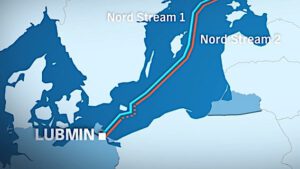 Here, too, there is plenty of honking – and more than a few muscle men, with Germany half on and half off its policy toward Russia, between rapprochement and confrontation. Donald Trump offered his customary words of wisdom; blustering threats if Germany favors pipelines over ever greater military build-up. His buddies, far-right Senators Ted Cruz, Tom Cotton and Ron Johnson, warned little Sassnitz, pop. 9186, of “crushing economic and legal sanctions” if it lets the pipeline land there.
Here, too, there is plenty of honking – and more than a few muscle men, with Germany half on and half off its policy toward Russia, between rapprochement and confrontation. Donald Trump offered his customary words of wisdom; blustering threats if Germany favors pipelines over ever greater military build-up. His buddies, far-right Senators Ted Cruz, Tom Cotton and Ron Johnson, warned little Sassnitz, pop. 9186, of “crushing economic and legal sanctions” if it lets the pipeline land there.



























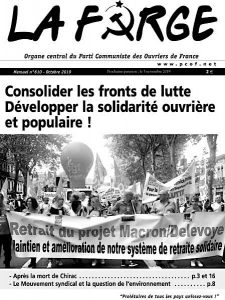





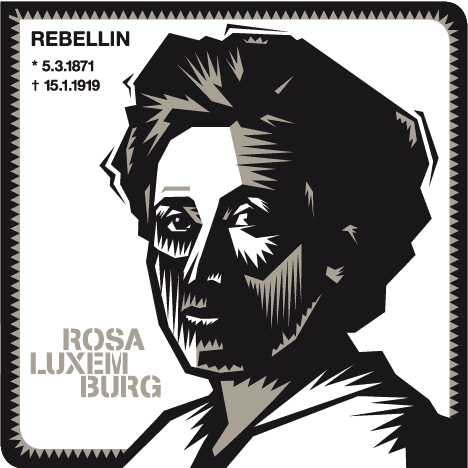






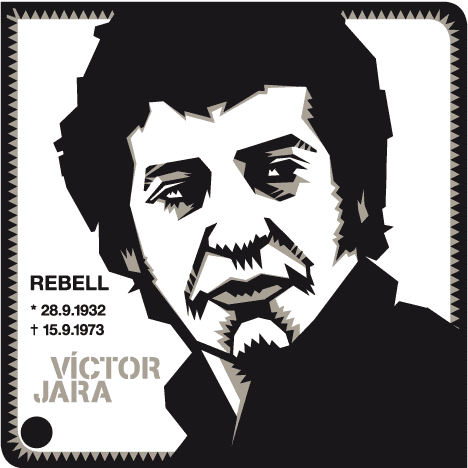

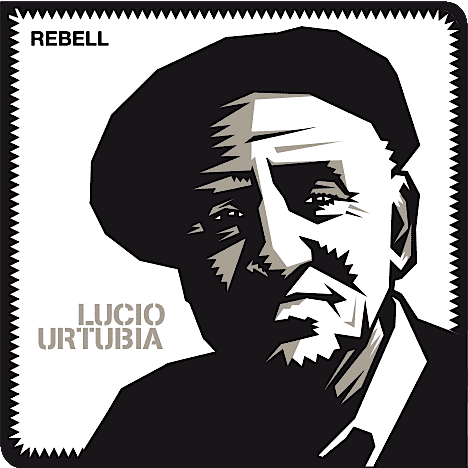

Diskussion ¬